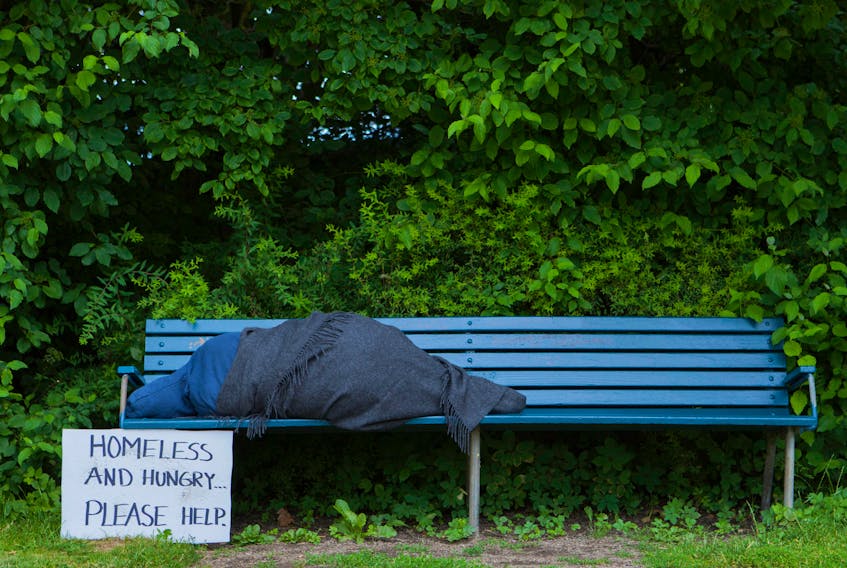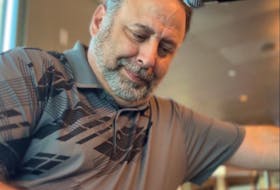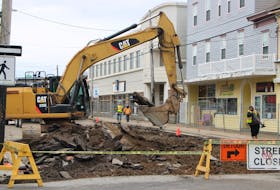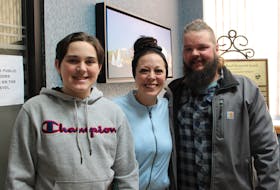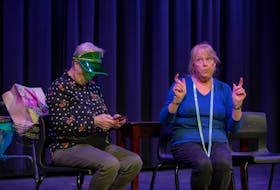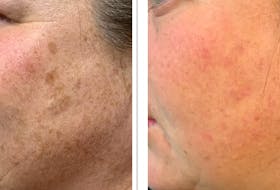In my 30 years of working as a nurse in acute care hospitals and the community, I thought I understood poverty because people who live in poverty experience a disproportionately high number of chronic diseases and lower overall health status resulting in higher use of the health-care system.
Editor’s Note: This is the second in a series of columns addressing the issue of poverty in Cape Breton.
That said, it wasn’t until I spent a year with the Cape Breton Community Housing Association as part of the Housing First Team that I really understood just how devastating the poverty situation in Cape Breton Regional Municipality really is for the people who are living it every day.
I am still humbled by their grace and courage as they endure daily hardships, discrimination, hunger, fear and shame.
I heard it said that privilege isn’t so much about what you have, it’s more about what you haven’t had to endure. The living conditions and life circumstances that I witnessed during my work with Housing First has changed my opinions on poverty forever.
I am now convinced that people live in poverty because they don’t have enough money to meet their basic life requirements and that if you give people enough money to care for themselves, they will.
At the UN’s World Summit on Social Development, the Copenhagen Declaration described poverty as “… a condition characterized by severe deprivation of basic human needs, including food, safe drinking water, sanitation facilities, health, shelter, education and information.”
Before my year on the Housing First Team, I believed that our social safety net was sufficient to cover the basic human needs for everyone, but I saw first-hand that our social safety net has large holes and many people are falling through those holes, landing on the streets.
The current system, while designed and run by well-intended people, ultimately results in people feeling cold, hungry, stressed and ashamed.
In 2017, I attended a homeless symposium where we discussed the large number of people in our community experiencing homelessness.

As part of the Housing First Team, we worked hard to find affordable housing and then help people remain housed, but it was disheartening to witness people constantly having to choose between housing and food and such necessities like medicine, heat and dental care.
What’s even more disheartening is to hear people I know and respect say things like, “most people who are homeless prefer it as a lifestyle choice” or “if they really wanted housing bad enough they would stay away from drugs and alcohol.”
Spoiler alert: Every person I encountered who was homeless expressed a desire to live with dignity, on their own terms free from discrimination and shame.
The streets are always a last resort.
Another thing I learned is that if I had to endure, what they had to endure, I too would likely turn to drugs and alcohol as an escape. Chemically escaping from hopeless deprivation and shame is, in my opinion, quite adaptive.
The final lesson I learned is that poverty is expensive, we as a society can’t afford to keep people living in poverty anymore. The holes in the social safety net have added to the cost and burden on the health-care system.
Not only does poverty create more and more sick people, it also affects health-care delivery, poor people find it extremely difficult to keep appointments. Housing insecurity, food insecurity, lack of transportation or access to a phone creates so many barriers to getting anywhere on time that it is nearly impossible for people to keep medical appointments.
When faced with survival or attending an appointment, people choose survival, and rightly so. I met a brave young man who put it this way when asked about missing appointments, “I’d like to see the people who blame me for missing appointments find themselves in my small town with no support, no money, no transportation and no phone, make it to an 8:30 a.m. appointment.”
We deny people adequate resources, then blame them for failing.
In summary, the link between poverty and health is not new, it was made in 1866 by Florence Nightingale who rejected a plan to open a new children’s hospital, saying only improvements in children’s conditions and environments — not new hospitals — would curb high infant death rates.
Judy Kelley is the manager of Health Services at Cape Breton University. With 30 years of experience working as a registered nurse, Kelley has also worked as part of the health protection team dealing with communicable diseases and outbreak management. She was seconded to Cape Breton Community Housing Association to work with people who are experiencing recurrent and chronic homelessness as part of the Housing First Team.

